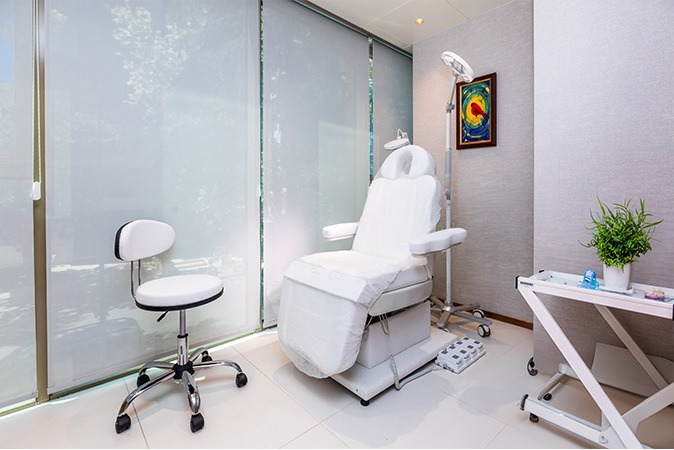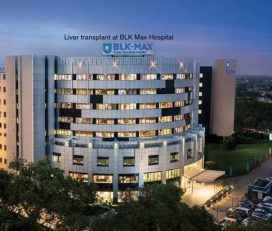
Deceased Doner Kidney Transplant cost in Bangalore
Overview
Chronic kidney disease has increased as a result of these lifestyle disorders. In India, chronic renal disease affects roughly 800 persons per million. To live a normal, healthy life, many of them with renal disease or renal failure require a kidney transplant.
In this article you will learn about Deceased Donor Kidney Transplant, why deceases donor kidney transplant is done? Criteria to select the kidney. Also How does a kidney transplant from a Deceased donor work and it’s procedure. Know about The expected lifespan of new kidney and also adapting to life after a kidney transplant.
Expert Chikitsa also provides list of highly qualified and experienced Surgeon and Hospitals with the cost of Deceased Donor Kidney Transplant.











